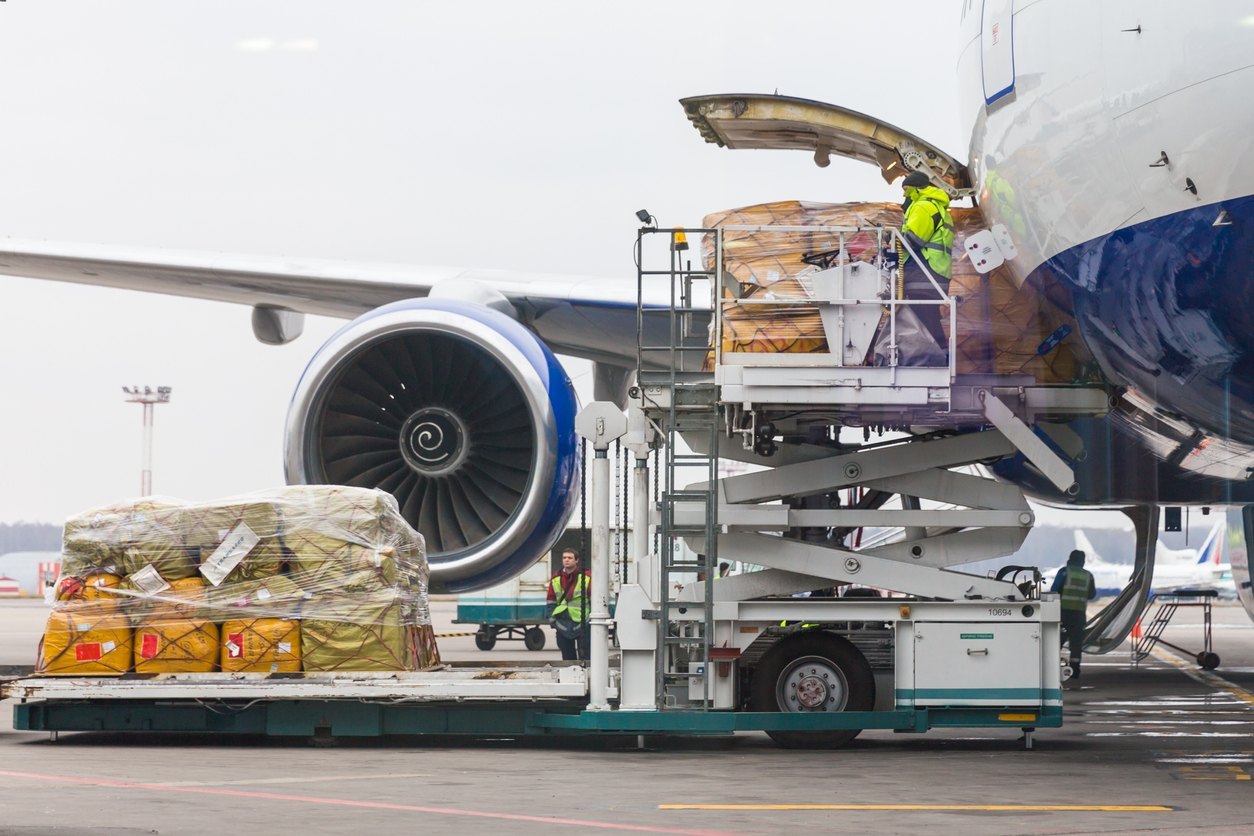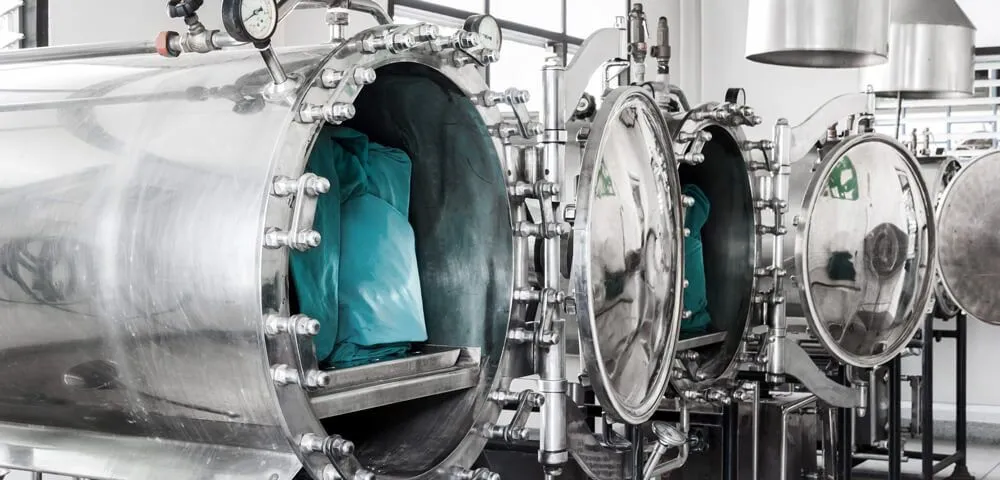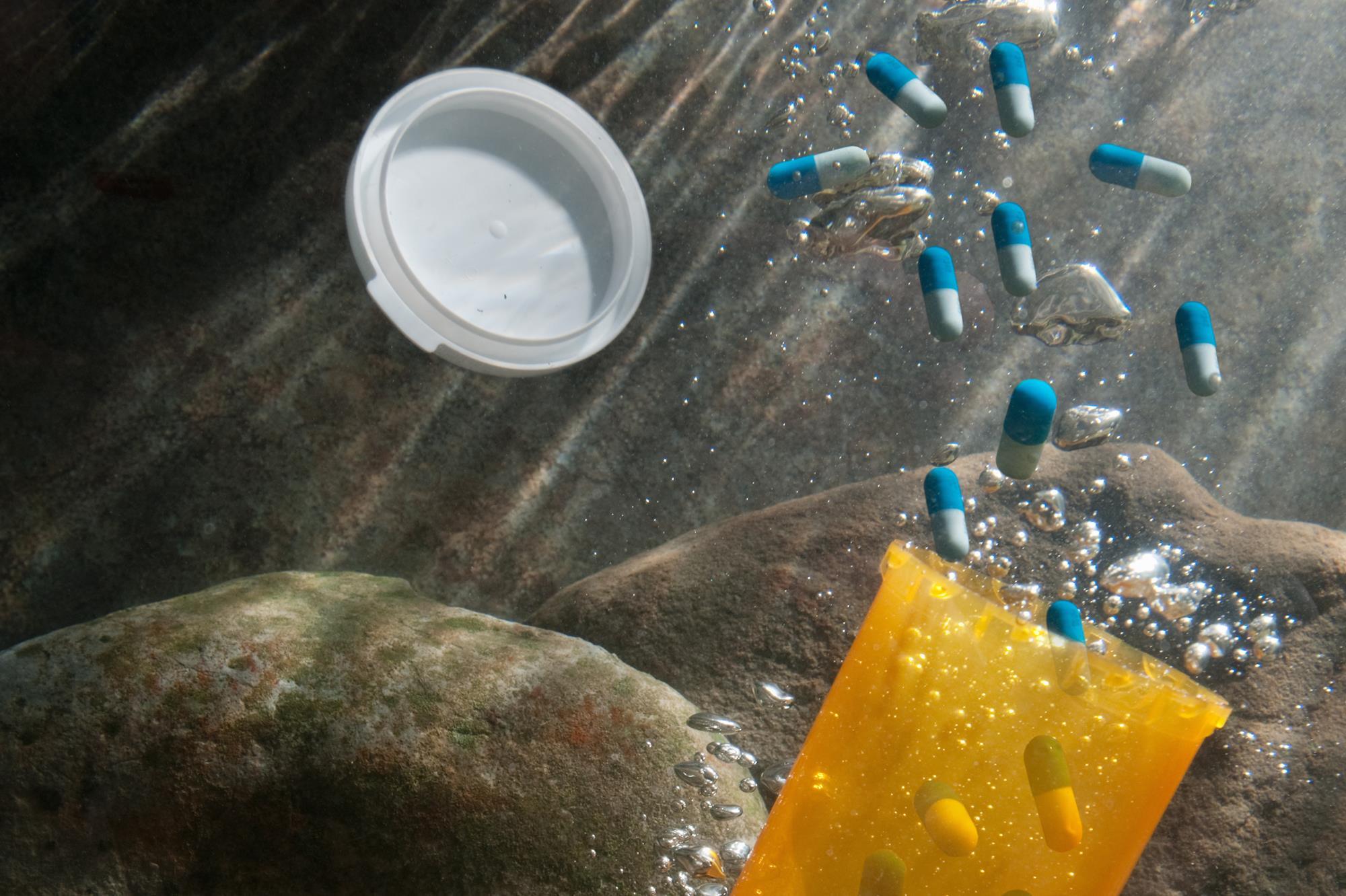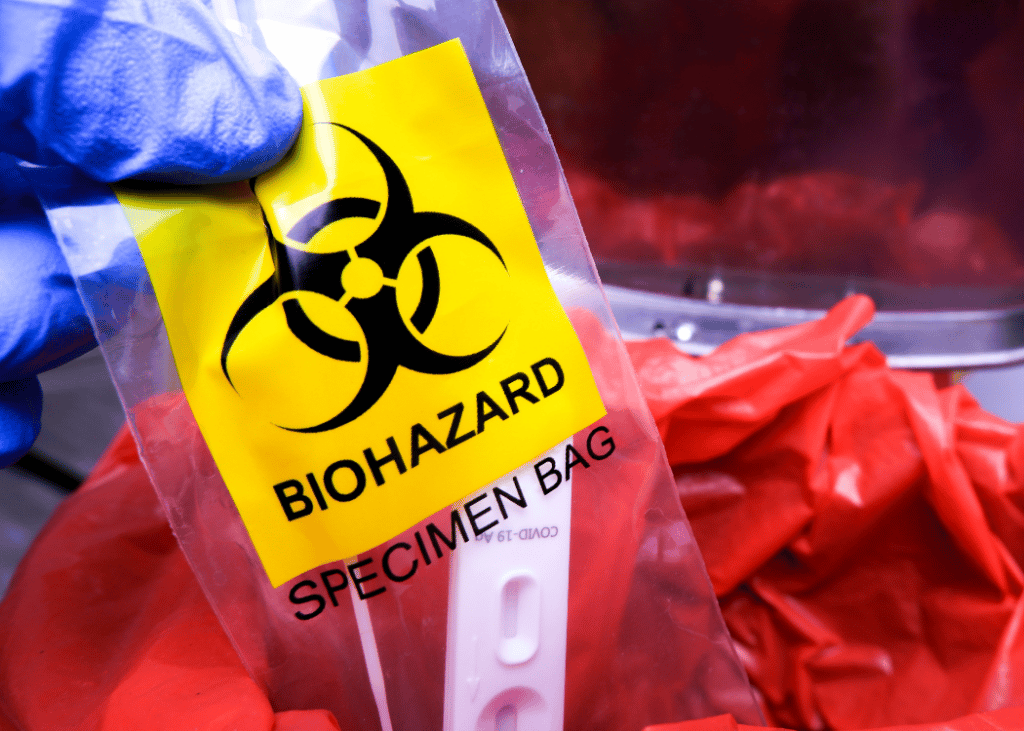What is REGULATED Garbage? Great questions, and Secure Waste explains that Regulated Garbage or also commonly referred to as APHIS Regulated Garbage, Foreign Garbage, International Waste, or simply APHIS Waste, encompasses a range of waste materials that necessitate meticulous handling in the United States.
This is crucial for preventing the transmission of harmful pests and diseases. This category includes waste derived from various sources such as fruits, vegetables, meats, and other plant or animal materials—this encompasses poultry as well—that have either been transported aboard or removed from any means of transportation that has traveled outside the continental United States in the last two years, or that has made a stop in Hawaii or any U.S. territory or possession within the past year.
The Plant Protection and Quarantine Division manages and oversees regulated garbage. The Quarantine Policy, Analysis, and Support (QPAS) division is pivotal. QPAS establishes Compliance Agreements with approved facilities and handlers to ensure that Regulated Garbage is managed and disposed of appropriately.
They collaborate closely with U.S. Customs and Border Protection (CBP) officials and personnel from the Plant Protection and Quarantine (PPQ) to effectively oversee the handling of Regulated Garbage at various U.S. ports of entry and other strategic locations.
It is highly recommended that those seeking in-depth knowledge about Regulated Garbage, including access to essential forms and contact details, visit the APHIS Regulated Garbage webpage.
This invaluable resource offers comprehensive insights, equipping stakeholders with the necessary information to navigate the regulations and requirements associated with the handling and disposing of Regulated Garbage in the United States.
Need Help With AHPIS Waste Management? Secure Waste Collaborate With Industry Experts.
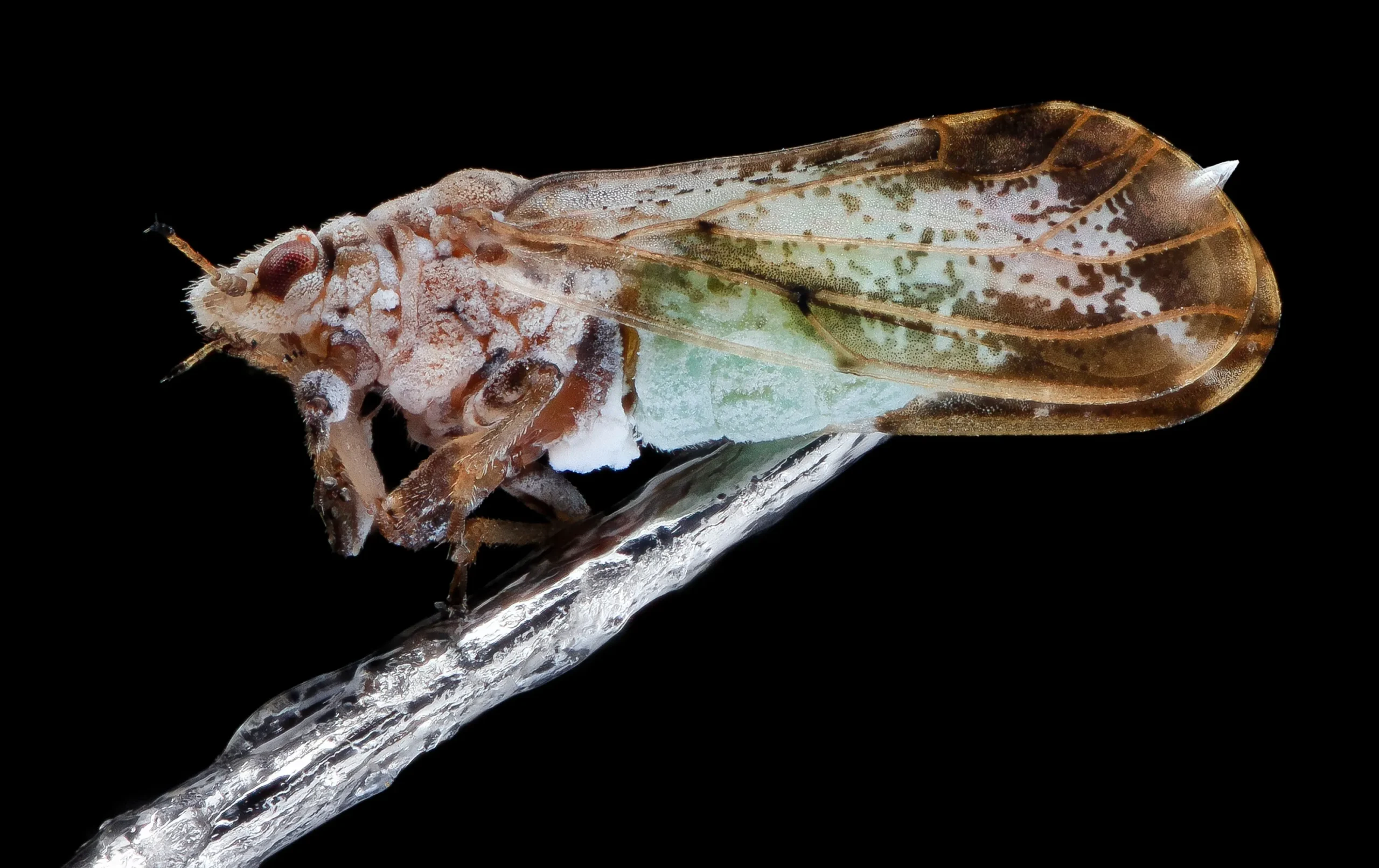
APHIS Waste: A More Detailed Understanding
Maintaining a healthy environment is essential, and it is vital that all agricultural products—including fruits, vegetables, meats, animal products, plants, soil, seeds, and other plant materials—entering the United States are free from pests and diseases.
APHIS Disposal Management companies understand that the safety and well-being of our communities rely on properly handling these materials.
APHIS waste encompasses materials on board, generated on board, or removed during international transportation. This category includes:
- Food scraps
- Table refuse
- Gallery refuse
- Food wrappers and packaging materials
- International aircraft passenger and crew food waste
- Prepared meals that were not consumed
- Fruits and vegetables
- Meats
Companies that handle APHIS must be properly permitted and authorized by APHIS, USDA, CBP, and Port authorities to transport, treat, and dispose of APHIS waste, regulated garbage, and rejected cargo from all ports nationwide.
In addition, we must use USDA and CBP-approved shipping containers to comply with regulatory standards and treat waste with disinfectants that meet strict safety regulations. APHIS processing equipment must align with USDA standards and is subject to inspections by CBP.
APHIS Waste Generators: Who Are They?
APHIS waste, which stands for Animal and Plant Health Inspection Service waste, is generated by various industries, each with distinct operations that dictate their status as waste generators.
Specifically, under federal regulations, any vessel that travels internationally to the United States and carries potential APHIS waste is classified as a generator.
This waste category encompasses a variety of materials, including, but not limited to, fresh and processed fruits, vegetables, meats, dairy products, and other plant or animal derivatives, such as poultry.
It includes leftover food scraps from uneaten meals, packaging materials in direct contact with food products, and waste generated from rejected cargo items that cannot be imported due to regulatory restrictions or health concerns.
The generation of APHIS waste occurs across multiple sectors, highlighting its broad impact.
Key contributors include the private sector, particularly food importers and distributors; the aviation industry, which transports goods and passengers; the marine industry, involving cargo ships and fishing vessels; and military operations that may include food supply chains and logistics.
Organizations engaged in any activities that produce this specific waste stream must adhere to stringent regulations outlined by APHIS, including proper waste management and disposal protocols to prevent pests and diseases from entering the United States.
Compliance ensures not only environmental safety but also protection of agricultural health and public safety.
Tracking APHIS Waste: A How-To
Generators of APHIS waste must maintain a compliance agreement with the USDA to manage this regulated waste properly. This agreement outlines procedures for handling waste from generation to final treatment and specifies timelines for delivery and processing, now extended to 120 hours as of January 3, 2022.
Issuance of the compliance agreement comes from U.S. Customs and Border Protection (CBP) or APHIS PPQ personnel to authorized facilities. It includes packaging, transportation, and disposal specifications, with typical processing methods being autoclave or incineration.
A generator must contact CBP for guidance if it fails to meet the timeline. Record keeping is crucial; all parties must maintain detailed records for compliance. CBP conducts quarterly reviews to ensure adherence to the agreement’s conditions.
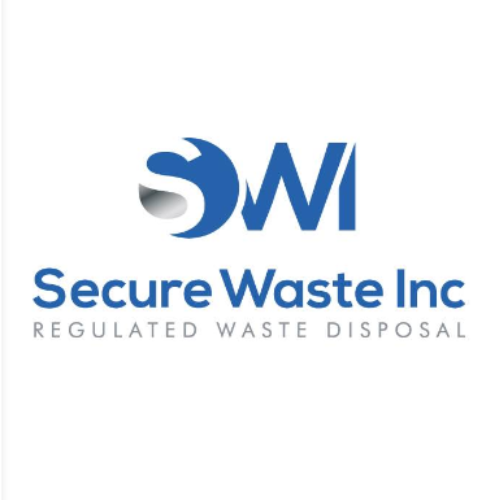
Expert Medical Waste Management: With over 25 years of industry experience, Secure Waste is a trusted local leader in hazardous and biohazardous waste disposal across Maryland, Virginia, and Washington, D.C. Specializing in medical waste management, sharps needle disposal, and biohazard waste removal, the company ensures full compliance with federal, state, and local regulations while prioritizing environmental sustainability.
The company also offers additional services, including secure document shredding and sharps container sales, providing comprehensive solutions for healthcare facilities and businesses. Our cost-effective services help clients maintain regulatory compliance without unexpected costs.
With a commitment to customer satisfaction, Secure Waste offers tailored waste management plans that align with industry best practices. Their team of experts provides reliable, timely, and compliant services, making them the preferred choice for medical waste disposal. For a free waste quote or more information, visit www.securewaste.net
